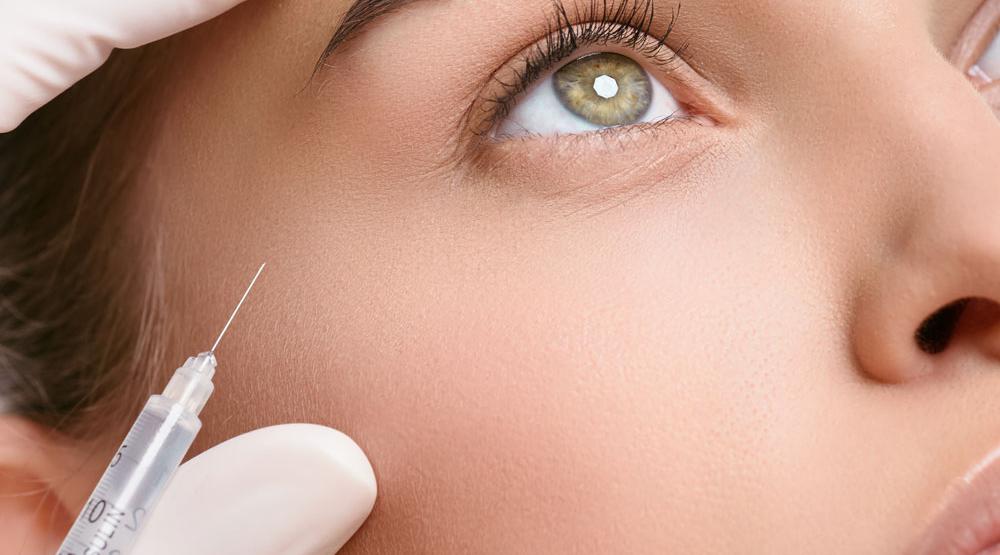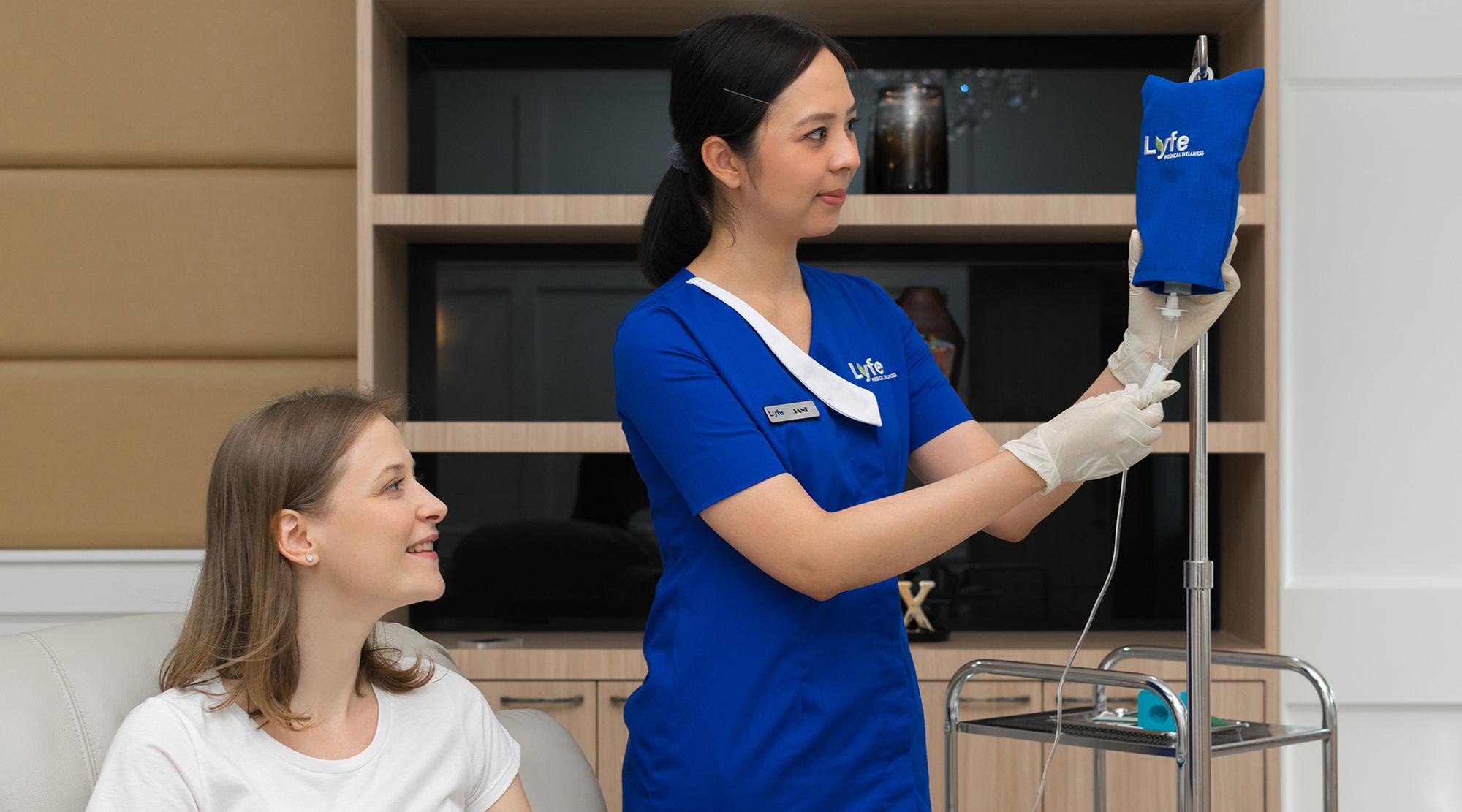Introduction
Explanation of What Testosterone Replacement Therapy (TRT) Is
Testosterone Replacement Therapy (TRT) is a medical treatment designed to supplement the body with testosterone, a crucial male sex hormone. This therapy is used to treat men with low testosterone levels, a condition also known as hypogonadism, where the body doesn’t produce enough testosterone. TRT aims to restore normal testosterone levels and alleviate symptoms associated with testosterone deficiency.
Brief Overview of the Benefits and Risks of TRT
The benefits of TRT include improved energy levels, enhanced mood, increased muscle mass, and better sexual function. However, like any medical treatment, TRT comes with potential risks and side effects. Common side effects include acne, breast enlargement, and increased red blood cell count. There are also concerns about the long-term effects of TRT, including the potential risk of heart disease and the impact on prostate health. Thus, it is essential to approach TRT with caution and under medical supervision.
The Importance of Testosterone
Explaining the Role of Testosterone in the Body
Testosterone is the primary male sex hormone responsible for the development and maintenance of male characteristics. It plays a crucial role in muscle mass, bone density, red blood cell production, and sexual function. Testosterone levels naturally decline with age, starting around age 30, which can lead to various symptoms and health issues.
Discussing the Common Symptoms of Low Testosterone Levels
Men experiencing symptoms of low testosterone levels, often referred to as "low T," may notice a decrease in libido, erectile dysfunction, fatigue, loss of muscle mass, increased body fat, and mood changes. Low testosterone production can also affect cognitive function and bone health, leading to conditions such as osteoporosis.
Reviewing the Potential Benefits of TRT
TRT can help restore testosterone levels in men, potentially reversing the symptoms of low testosterone. The benefits of TRT include improved energy and mood, enhanced sexual function, increased muscle mass and strength, and better bone density. It can also positively affect mental health by reducing symptoms of depression and anxiety associated with low testosterone levels.
Who Can Benefit from TRT
Identifying Individuals Who May Benefit from TRT
Candidates for testosterone replacement therapy are typically men who have been diagnosed with low testosterone levels through a blood test. Men who experience symptoms of low testosterone and have confirmed low levels through blood work may benefit from TRT. It's crucial to differentiate between normal aging-related testosterone decline and clinically significant testosterone deficiency.
Discussing the Different Methods of Administering TRT
TRT can be administered in several forms, including:
- Testosterone Gel: Applied daily to the skin, providing a steady release of testosterone.
- Testosterone Patches: Worn on the skin and replaced regularly.
- Injectable Testosterone: Administered directly into the muscle, typically every 1-2 weeks.
- Oral Testosterone: Taken in pill form, though less commonly used due to liver toxicity concerns.
- Testosterone Pellets: Implanted under the skin and slowly releases testosterone over several months.
Exploring the Different Types of TRT Available
The different forms of TRT provide various options depending on patient preferences and medical considerations. Each method has its own advantages and potential drawbacks. For instance, testosterone gel and patches offer a more consistent hormone delivery, while injections may provide higher peaks and troughs in testosterone levels.
Discussing the Importance of Monitoring Hormone Levels During TRT
Monitoring hormone levels is crucial when undergoing TRT. Regular blood tests are necessary to ensure that testosterone levels are within the desired range and to adjust the dosage if needed. Monitoring helps to prevent potential side effects and ensures the treatment's effectiveness. It is also important to check for any adverse effects on red blood cell count, liver function, and prostate health.
The Process of Starting TRT
Discussing the Steps Involved in Starting TRT
Starting TRT involves several steps:
- Consultation: Meeting with a healthcare provider to discuss symptoms and medical history.
- Testing: Conducting blood tests to measure testosterone levels and rule out other conditions.
- Diagnosis: Confirming testosterone deficiency and discussing treatment options.
- Prescription: Choosing the appropriate form of testosterone and starting with a prescribed dose.
- Monitoring: Regular follow-up appointments to monitor hormone levels and adjust treatment as necessary.
Highlighting the Importance of Consulting with a Healthcare Provider Before Starting TRT
Consulting with a healthcare provider is essential before starting TRT. A medical professional can help determine if TRT is the right treatment option, considering individual symptoms, testosterone levels, and overall health. Self-administering testosterone without medical guidance can lead to serious side effects and complications.
Providing Tips for Managing TRT and Its Side Effects
Managing TRT effectively involves:
- Regular Monitoring: Keeping up with scheduled blood tests to monitor testosterone levels and overall health.
- Adherence to Dosage: Following the prescribed dosage and method of administration.
- Lifestyle Adjustments: Maintaining a healthy lifestyle, including regular exercise, a balanced diet, and avoiding alcohol and tobacco.
- Monitoring Side Effects: Being aware of potential side effects such as acne, breast enlargement, and changes in mood or behavior, and reporting them to a healthcare provider.
Conclusion
Testosterone Replacement Therapy (TRT) is a valuable treatment option for men with low testosterone levels, also known as hypogonadism. It can significantly improve quality of life by addressing symptoms like fatigue, low libido, and loss of muscle mass. However, TRT should be approached with caution, under the supervision of a healthcare provider, and with regular monitoring to manage potential side effects and ensure treatment efficacy.
Testosterone is a vital hormone in the male body, influencing many aspects of physical and mental health. For those experiencing symptoms of low testosterone, TRT can provide significant benefits, but it is essential to weigh these benefits against the potential risks and side effects. Consulting with a healthcare provider and undergoing regular monitoring are critical components of a successful TRT treatment plan. Research suggests that while TRT can offer substantial improvements, more studies are needed to fully understand the long-term effects of testosterone replacement therapy and its impact on overall health.
At Lyfe Medical Wellness, we offer personalized TRT programs tailored to your individual needs, ensuring optimal results and safety. Our experienced healthcare providers will guide you through every step of the process, from initial consultation to ongoing monitoring. Take the first step towards a healthier, more vibrant life by contacting us today.
Contact Us:
Rawai Clinic: 58/147 Moo 6 T. Rawai, Muang, Phuket, Thailand, 83130
Laguna Phuket Clinic: 29/99 Moo4, Cherngtalay, Thalang, Phuket 83110
Phone: +66-94-926-3269, +66-62-462-3969
Email: info@lyfemedical.com




